BPA-Free Cans: What Are They Using Instead?
Written by:
Maia James
11/09/2015
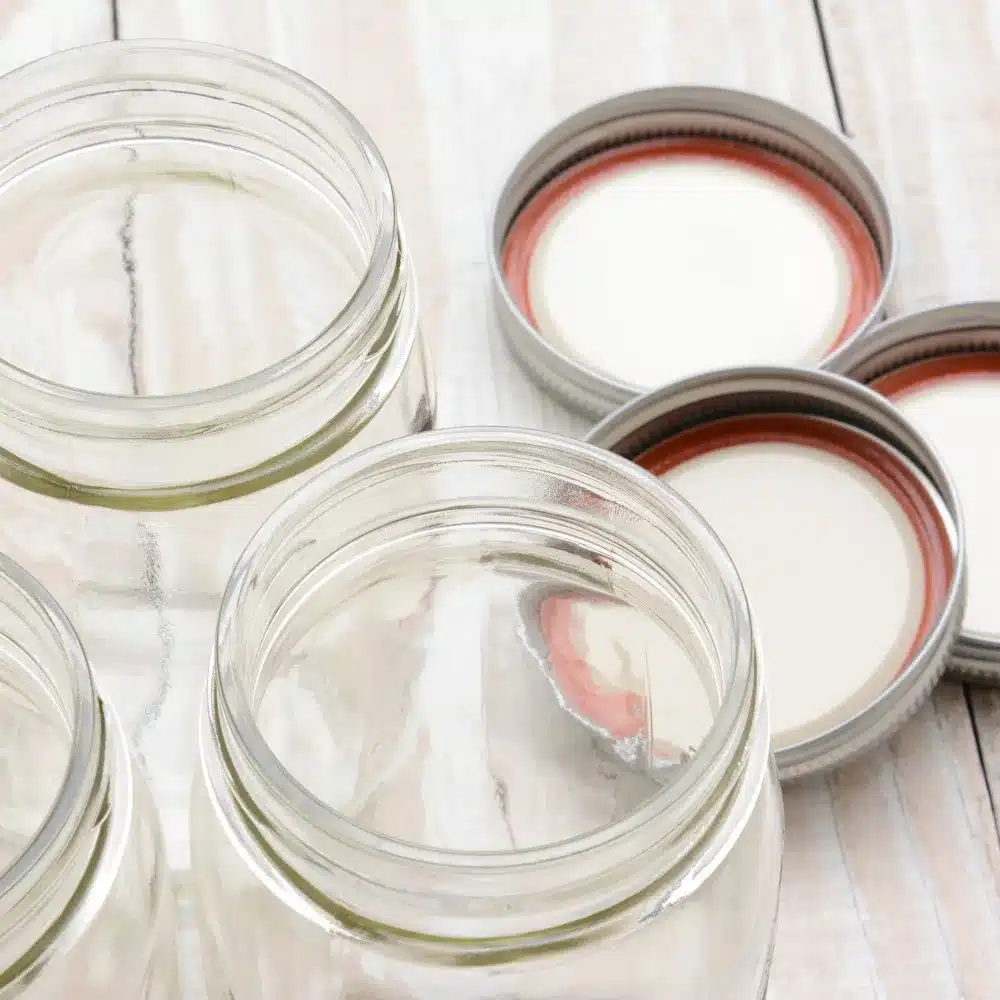
Updated: 09/29/2023
Looking for a different guide? Browse them all HERE.
(First, read my disclosures page.)
When I recently read some posts on social media that lauded companies that aren’t using BPA in the linings of their cans, I couldn’t help but wonder…what are these companies using instead? So one of my staffers spent the last couple of weeks calling the makers of products that come in BPA-free cans—she asked questions about the materials they use, and then I did some digging about the safety of these materials.
Are any of these canned goods truly Good Stuff, or is it just a bunch more Sneaky Stuff?
Here’s what I found out.
What Is Bisphenol-A?
For those of you who still aren’t sure what BPA stands for or is or why it’s scary, here’s what you need to know:
- It’s bad. BPA stands for bisphenol-A, and it’s a plastic-softener that is an established toxin. BPA exposure is linked to things like asthma, sexual dysfunction, breast cancer, and obesity.
- It’s everywhere. BPA is pervasive—it’s in hard plastic, on receipts, and even in recycled toilet paper. It’s also in the lining of most cans (where it’s used as an epoxy resin). It’s also used in containers that store food and beverages, such as water bottles. BPA is particularly prone to leaching when heated (during pasteurization) or when it comes in contact with acidic foods.
- Small amounts matter. You don’t need to be exposed to large amounts of BPA in order for it to be toxic. In fact, low-level exposure may actually be worse than high-level!
Related post: Are Tetra Paks Nontoxic and Safe?
What About BPA Replacements?
So clearly we don’t want BPA touching our food, particularly food that’s acidic (like tomatoes). But consumers usually aren’t aware that many BPA-free products contain a different bisphenol, such as bisphenol S (BPS), which may actually be worse than BPA, bisphenol B (BPB), bisphenol A diglycidyl ether (BADGE), bisphenol F (BPF), or bisphenol F diglycidyl ether (BFDGE). For this reason, I tell my clients to avoid all plastics as much as possible when it comes to food storage and preparation.
But what about canned foods from companies that advertise their packaging as BPA-free? What are they using instead, and is it safe? Here’s the deal…
Companies Using BPA-Free Cans…What Are They Using Instead?
- Glass should be the first choice for food storage.Amy’s told us that their BPA-free can liner is proprietary, an answer that I never like to hear!
- What Amy’s uses instead of BPA: The most we could get out of them is they use an “acrylic polyester blend.”
- My take: Any company that won’t disclose specific materials or ingredients is Sneaky in my book. Moreover, while acrylic and polyester aren’t highly toxic ingredients, they are types of petroleum-based thermoplastic, and as such release plastic vapors. I would rather they not touch my food.
- Farmer’s Market Foods said their cans are free of BPA and BPS.
- What Farmer’s Market Foods use instead of BPA: “Several versions of polyester, polyester powder, and modified polyester.”
- My take: This answer is a little vague to bring much comfort, although as stated above, polyester is a less toxic type of plastic. While I would probably choose this brand over say, Goya, it’s definitely not Good Stuff.
- Bionaturae cans do not contain any bisphenols (BPA, BPS, etc.).
- What Bionaturae uses instead of BPA: A polyester plastic coating.
- My take: See my comments above on polyester (it’s Sneaky Stuff, basically). I do love the Bionaturae strained tomatoes in the glass jar, and will continue to buy those.
- Crown Prince Seafood advertises some of their products as coming in BPA-free cans.
- What Crown Prince uses instead of BPA: Vinyl organosol lacquer.
- My take: Yikes. Vinyl is really bad stuff, linked with cancer. In addition, some epoxies made from vinyl organosol contain other bisphenols (such as BADGE). This is definitely Sneaky Stuff.
- Muir Glen is one of the brands I have bought for years, somehow implicitly trusting them.
- What Muir Glen uses instead of BPA: Vinyl triazine.
- My take: See my comments above on vinyl. I am unable to find much information on vinyl triazine specifically, but as I stated above, vinyl is Bad Stuff, making Muir Glen Sneaky.
- Westbrae Natural calls their coating “food-grade epoxy.”
- What Westbrae Natural uses instead of BPA: Polyester and/or acrylic.
- My take: See my comments above (under “Amy’s”).
- Wild Planet Foods has been promising us an answer on what exactly they use in their cans for weeks. I will update this post when we get the list from them.
- What Wild Planet uses instead of BPA: All we know at the moment is that “different cans contain different materials.”
- My take: For now, I am calling Wild Planet Sneaky Stuff, especially because a few years ago they discovered that their fish contains trace amounts of BPA, despite not using it in their cans. Presumably, it was introduced at some point during the manufacturing process.
Good Stuff
There was only one brand of all of the ones we researched that qualifies as Good Stuff: Eden Organics, which has been quietly using BPA-free lining since 1999. Instead of using BPS, vinyl, acrylic, or polyester to line the cans for their beans, Eden chose the more expensive “baked-on oleoresinous c-enamel,” which is a form of plant resin. Unfortunately, this enamel doesn’t work well for acidic foods, so Eden’s canned tomato products should be avoided, as those linings contain BPA.
You can buy Eden beans on Thrive for wholesale prices:
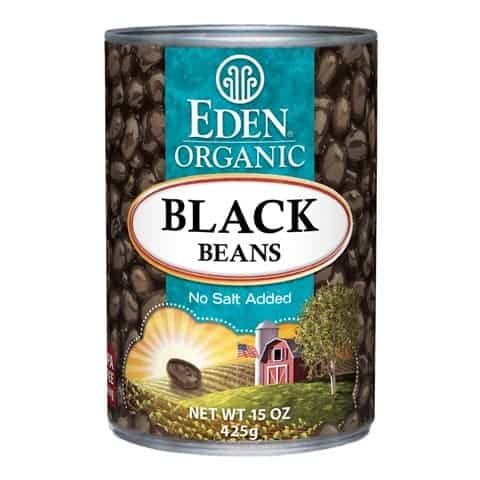
So What Should You Do?
I have been working to eliminate my family’s exposure to BPA in our home—my logic is that we eat in restaurants enough to get our fair share there, where I have no control over which canned products are used to make our meal.
Here’s how you can reduce your family’s BPA exposure from canned foods:
- First, you’ll want to prepare your food from the freshest and least processed/packaged possible source. Dried organic beans will be much less likely to be contaminated with hormone disruptors than will their canned cousins. Along the same lines, fresh pastured chicken from a local butcher will be better than chicken packaged in plastic. You get the idea.
- When choosing things in packages, glass is my first choice. Keep in mind that the plastic lids used to seal glass jars do contain BPA, so I don’t scrape the extra tomato sauce off the inside of the lid anymore!
- When I do buy canned beans, I always choose the Eden Organics brand. When it comes to tomatoes, I try my hardest to get only the kind in glass. If that’s not an option, I’ll go for the Bionature cans, since Eden cans contain BPA and Muir Glen contains vinyl.
- Instead of canned tuna, I am opting for this kind for the time being.
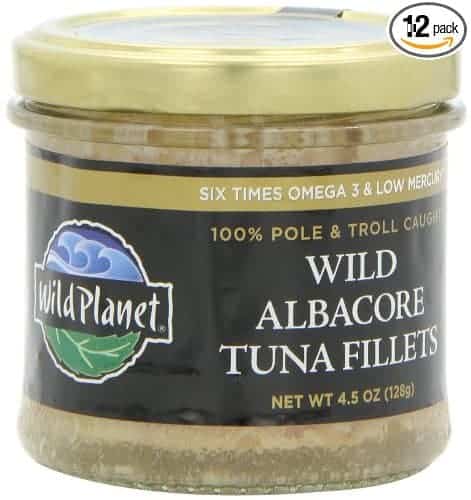
Stay sane,


Maia, Founder & CEO
Note: This article contains affiliate links or sponsored content, which means that if you make a purchase, we may earn a commission. We only recommend products that meet our strict standards for non-toxicity and that we use (or want to use!) ourselves. Thank you so much for supporting the brands that make Good Stuff!
Enjoying this guide?
Join 60K families who rely on our free guides on everything from milk to mattresses! Sign up to get $5 off your first order, access to our ultimate Clean Products Cheat Sheet, and ongoing exclusive access to coupon codes and promotions. Our weekly newsletter is filled with well researched tips and tricks to live a toxin-free lifestyle.
Related Posts
Start Here: 5 Crucial Steps to Decrease Toxins in Your Home
What Is the Best Non-Toxic Cutting Board?
How To Avoid Drinking Toxic Tea
Healthy Thanksgiving Recipes
-
Hi! Thanks so much for your article/post! This exactly what I was looking for. I’m wondering however if you’d consider doing a follow up one reassessing the information?
I’m curious to know what all these companies are using now, and if there’s any more information on the different materials.
I may do some additional research on my own but not likely as thoroughly as you did here! Thanks for this article, it’s a real service to all of us trying to avoid these endocrine disruptors, etc.
-
Hi Amanda,
It is now Sept 2021 and I was looking for an update too!
Maia, any chance you have this on your radar? I am sure you’re busy with all sorts of research.Amy’s has a very specific description of what they use (and don’t use) in their liners on their website (I don’t think I am allowed to include the url).
This is what they list:
“Our tin-plated can has an approved, non-BPA interior lining The can end is made of tin-free steel and has an approved non-BPA lining as well as a food-grade seal. The can body is lined with acrylic, and the can lid is lined with polyester. The can, lid and the liners are made in the US and are approved by the FDA for direct food contact.
The can’s coating protects the food from touching and reacting with the tin-coated steel interior that could cause off-flavors or compromise the integrity of the can. The material we use is a double-coated protective barrier and does not contain: . . . ”
(Please see Amy’s site for the list, I was flagged as spam when I tried to include it)
-
-
You’ve mentioned vinyl Organosol lacquer. What about aluminized Organosol lacquer?
I have to rely on canned food for this, hopefully just 1 to 2 years to save money and time too. Hopefully, my new “routine” won’t negatively affect my health.
-
What is the best option for tomatoes?
-
Westbrae canned beans used BPA-free lining. They sent this email-response to me about what they use instead of BPA. Just as you said—polyester and acrylic. Why are they feeding us plastics?? Some of that has to absorb into the food sitting in that can, that we eat. I appreciate their honest response, but they lost me as a customer.
Westbrae Customer Service said:
“Thank you for contacting Westbrae. We appreciate hearing from you.
The non-BPA linings of our Westbrae Natural 15 ounce whole beans cans are made from specially designed polyester or acrylic.
We hope the information we have provided is helpful. For further information on our products, or if you have any questions, please call our Westbrae Product Specialist at 800-331-8574, Monday through Friday from 9am to 7pm EST. We appreciate your interest in Westbrae and look forward to serving you as a valued customer.” -
THANK YOU!!! I’m just now finding this out in 2017. I’ve been eating some of these BPA-free canned beans and Crown Prince. Yikes. I appreciate you researching and sharing all this with us. We really have to ditch as much processed as we can!!! I’m tired of being sold fake food disguised as healthy. It is bloggers & holistic educators like YOU that keep me informed and healthy. I’m signing up for your blog now.
-
When I asked Whole Foods about the lining for their 365 Real Whipped Cream, I received this stock reply.
“FDA approved alternatives to BPA epoxy lining include vinyl, acrylic, polyester, and oleoresin. Our non-BPA 365 Everyday Value products may be lined with any of those types of lining based on the availability of the different types of packaging to the vendor. Alternatively, we offer many similar products in different types of packaging, such as our 365 Organic beans packaged in tetra packs, various brands of tomatoes packaged in glass jars and tetra packs, bulk or bagged dried beans, fresh or frozen vegetables, etc.”
This sounds sneaky to me and doesn’t answer my specific product question. And since when is “FDA approved” the standard for Whole Foods?!? Would you have any further information? I worry in particular about products like whipped cream because so many toxic chemicals are fat soluble. (I make my own in a stainless steel whipper but my daughter still yearns for the WF version.)
-
We love sardines and were buying the Crown Prince… do you have any suggestions on canning?
-
Trader Joe’s would probably be a better option.
-
-
I contacted Trader Joe’s asking what they use in their BPA free cans, let’s see if I ever get a reply.
-
For tomatoes look at Kirkland organic tomatoes. As I am not sure the alternative, I do love me some Costco! Do canning lids(jar lids) have bpa???
-
Unfortunately yes, they do. Here’s an alternative: http://amzn.to/2gMBwIc
-
-
What about Trader Joe’s cans? Were you able to get any infomation about what they line their BPA-free cans with? As always, this is great information! Thanks!
-
Hi Abby-
We are still waiting to hear back from TJs! They provided a list of the products that do and don’t contain BPA in the packaging, but haven’t told us what they use instead in the ones that don’t have BPA. FWIW, here are the cans that DO use BPA:
Canned Artichokes
Canned Cherrystone Clams
Canned Crabs
Canned Dolmas
Canned Grecian Style Eggplant with Tomatoes & Onions
Canned Hatch Chilies
Canned Mandarins
Canned Olives
Canned Oysters
Canned Sardines
Canned Soups & Stews (EXCEPT: Organic Black Bean Soup, Organic Lentil Soup, Organic Split Pea Soup, and Organic Vegetarian Chili)-
Any update on the TJ cans? We eat TJ beans ALOT and now I am worried that maybe they are not as safe as I thought 🙁 Thanks so much for doing this research!
-
Unfortunately, no, we never got more info from them.
-
-
-
-
Just wanted to make sure everyone saw this update:
https://gimmethegoodstuff.org/are-tetra-paks-safe -
Hi,
I wasn’t sure where to leave this question. Have you done any research on any play mats?. I want to stay away from the foam ones. Thanks in advance.-
Hi Rachel! You can always leave questions on our Facebook page: https://www.facebook.com/gimmethegoodstuff
And I wish I had a good answer on play mats, but I don’t know of a non-foam alternative that’s marketed as such…I usually tell my clients to go with rugs (cotton or wool) or perhaps a wool rug pad—I like Earth Weave (and as a vendor of their rug grippers can help you get a pad if you’re interested…just let me know).
-
-
I noticed at my local Whole Foods that Muir Glen is now producing their fire roasted and regular tomatoes in jars. Hooray!
-
I bought plastic gallon water jugs from Wal-mart that state BPA free. Am I to understand these are STILL unsafe?
-
Unfortunately, BPA is usually replaced with BPS, a similar bisphenol that is also an endocrine disruptor, which may actually be more toxic than BPA. Of course the only way to know for sure what’s in your water jug would be to call the manufacturer and find out what they are using.
-
-
Hi wondering what silverware you currently use for you and your family. Finding it hard to find stuff not made in China. Also very hard to find utensils that fall into the good stuff category for my toddler.
-
This is what I’m using right now:
http://amzn.to/1QFlr61
-
-
THANK YOU SO MUCH for doing this research!
-
Thank you Maia! I’m so grateful I found your site. Although I read labels avidly I have not taken the time to do this important work. Saying “I don’t have the time” is really an excuse – does anyone? So thank you for doing this – now I have a trusted source for the good stuff. It’s amazing to think that we went from glass jars to plastic in less than 100 years. I was just wondering, when the “cowboys” sat around eating beans from cans …… what did they use back then on the inside of the can… don’t think there were any chemicals around then, right?
-
Hi! Thanks for your kind words about the site! I think cowboys ate beans from actual tin or perhaps aluminum cans with no epoxy lining. Of course, then instead of BPA, heavy metals probably leached out of the cans!
-
-
We’ve been buying boxed beans from Whole Foods instead of cans. Are boxed beans safer or do they still contain something for preservation? Thank you!
-
Hi Rachel! I actually don’t have the answer for this yet–we are in the process of researching what exactly those boxes are made of, so stay tuned:).
-
Wanted to update you that the Whole Foods boxes are made with aluminum (which doesn’t touch the food) and polyethylene (which does). Polyethylene is a “good” plastic, meaning it doesn’t leach into food as far as we can tell. Still, I would choose glass over these boxes–but these boxes over most cans for sure!
-

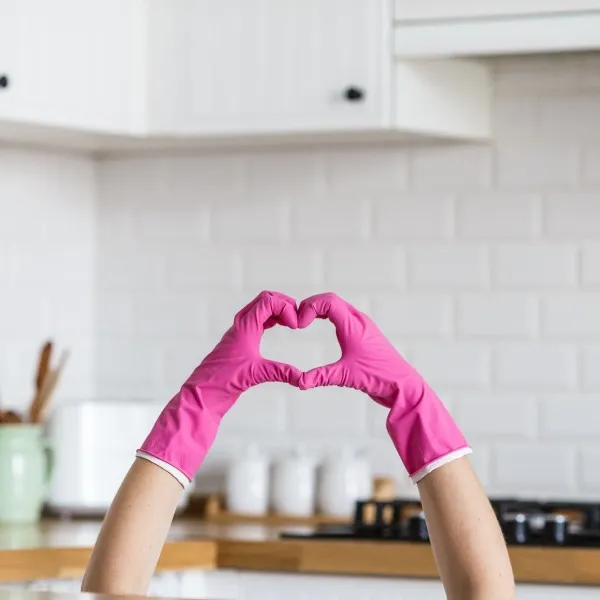

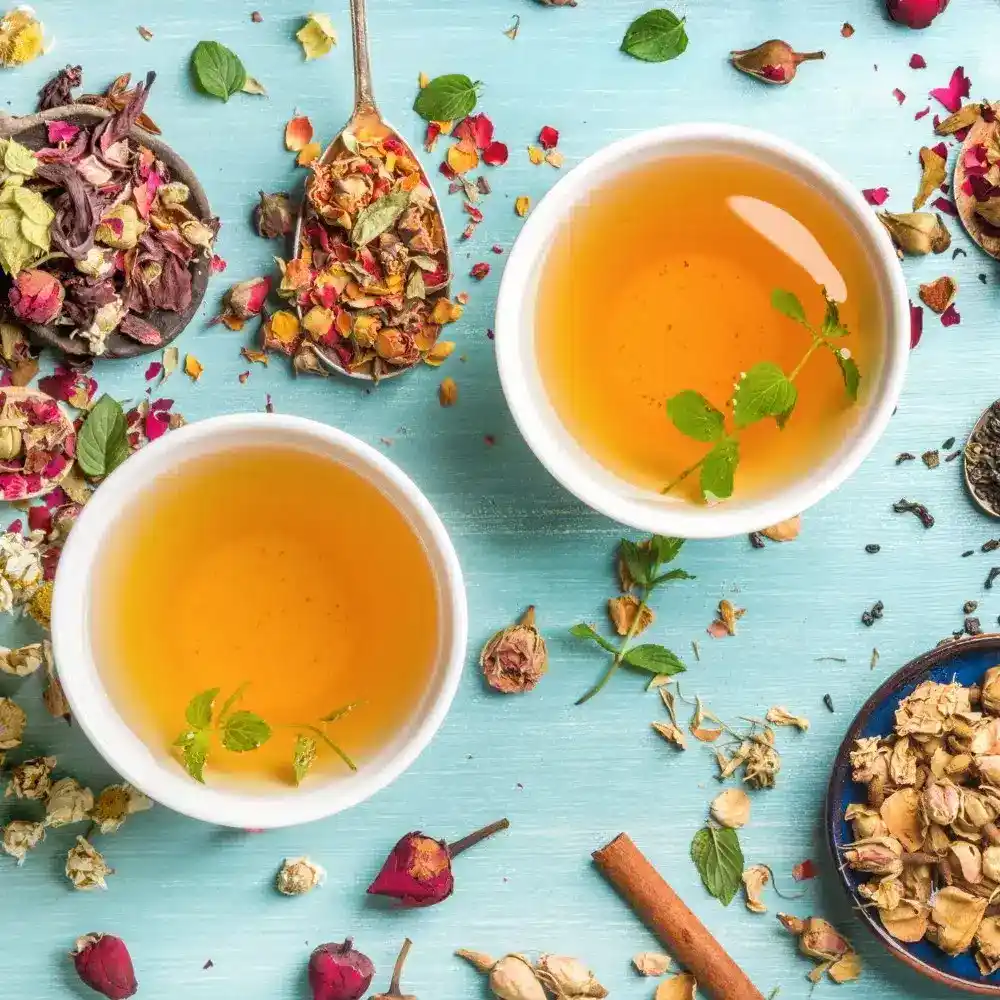

Leave a Reply
You must be logged in to post a comment.